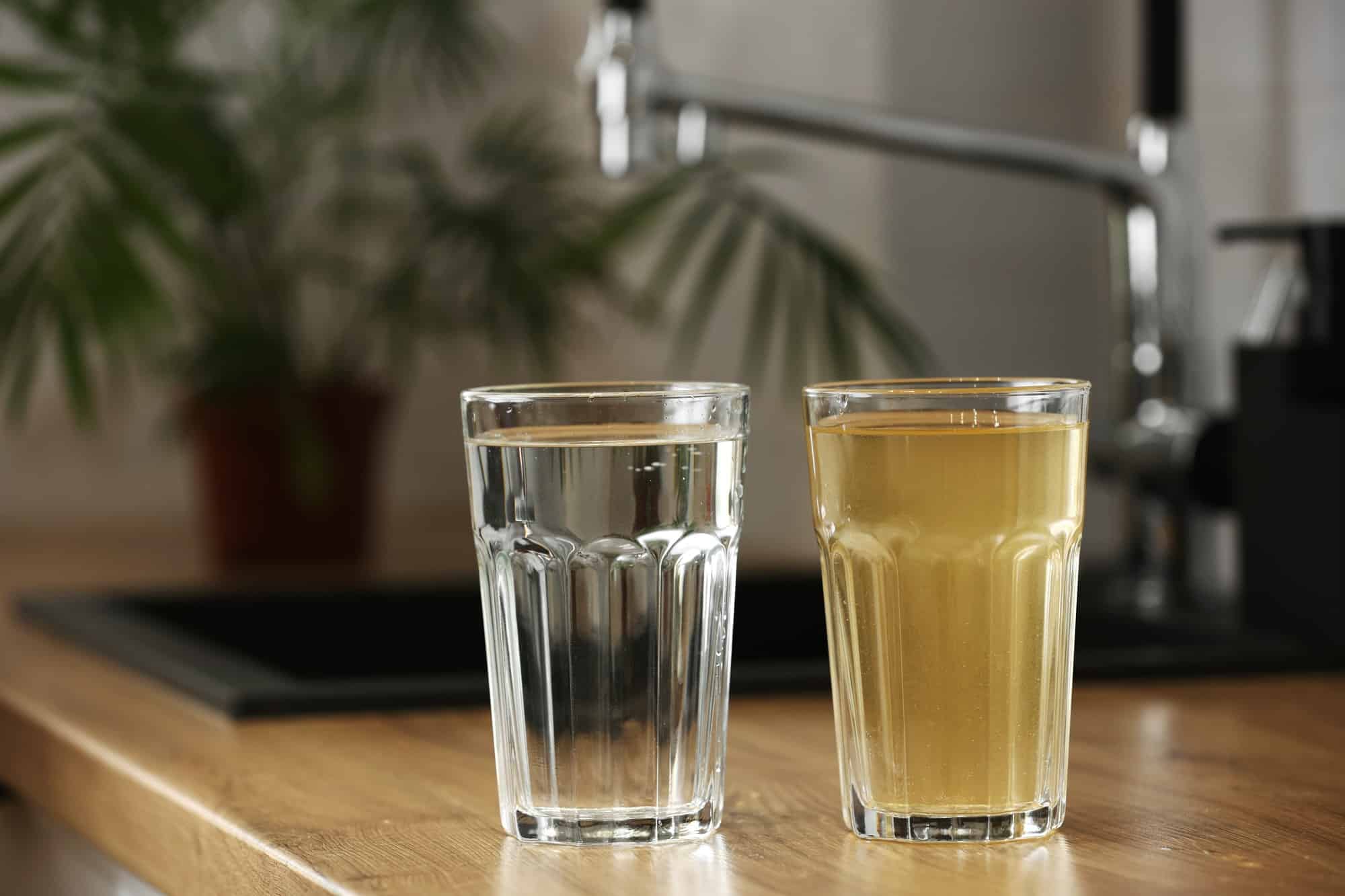What Are the Most Effective Water Filtration Systems for a Family Household?

When it comes to ensuring the health and safety of your family, water quality is paramount. In today’s environment where contaminants such as chlorine, lead, and sediment can infiltrate your water supply, having a reliable water filtration system in your house is more than a luxury – it’s a necessity. But with a plethora of filters on the market, how do you determine the best fit for your needs? This article aims to clarify the confusion and provide an unbiased view so you can choose the most effective water filtration system for your household.
Understanding the Different Water Filtration Systems
Before we delve into the top-performing filters, it’s important to understand the different types of water filtration systems and how they work.
En parallèle : How Can You Design a Butterfly Garden That Attracts Local Species?
Pitcher filters are a popular choice for their ease of use and affordability. They operate by using activated carbon to attract and trap contaminants. However, these filters are mainly effective for removing chlorine and improving taste, but may not be the best option when dealing with serious contaminants.
Reverse osmosis systems, on the other hand, are a more powerful solution. These systems force water through a semi-permeable membrane, removing up to 99% of dissolved solids, making them highly effective against lead and other harmful substances. However, they also remove beneficial minerals and can consume more water than they produce.
A lire également : What’s the Best Method for Creating a Drought-Resistant and Pet-Friendly Lawn?
Whole house filtration systems, as the name suggests, provide filtered water to every tap in your home. They usually process water in stages, with a sediment filter to catch large particles, followed by a carbon filter for smaller contaminants.
Now, let’s take a look at some of the best systems in each category.
Top-Rated Pitcher Filters
Pitcher filters are ideal for households that primarily need basic filtration for taste and odor. Here are two of the best on the market.
Brita Everyday Pitcher: This classic pitcher uses a carbon-based filter that significantly reduces chlorine taste and odor. It also minimizes the presence of mercury, copper, and cadmium impurities.
ZeroWater 10-Cup Pitcher: This option steps it up a notch with a five-stage filtration process that removes nearly all dissolved solids, making it a good choice for higher-contaminant areas.
However, if your water quality is questionable, you may need a more robust system.
High Quality Reverse Osmosis Systems
If you’re in an area with heavily contaminated water, you may need the thorough filtration provided by a reverse osmosis system.
iSpring RCC7AK: This system uses a six-stage filtration process that culminates in an alkaline remineralization stage, adding back healthy minerals that other reverse osmosis systems remove.
Home Master TMAFC-ERP: This system also utilizes seven stages of filtration and remineralization. It further stands out for its non-electric permeate pump that reduces water waste.
While reverse osmosis systems are excellent for under-sink installation, you might want filtration at every point of use.
Best Whole House Filtration Systems
A whole house system ensures that every tap in your home dispenses filtered water. This is highly beneficial if you’re concerned about contaminants in your bathing and washing water.
Aquasana Rhino: This system offers up to 10 years or 1,000,000 gallons of clean water. It employs a four-stage filtration process including a sediment pre-filter, a salt-free conditioner, a copper-zinc & mineral stone filter, and an activated carbon filter.
Home Master HMF2SMGCC: This two-stage system has an excellent reputation for removing a wide range of contaminants. The first stage targets sediment, while the second stage uses a combined granular activated carbon and KDF85 filter to tackle other contaminants.
Ultimately, the best filtration system for your family depends on your specific water quality and household needs. Regardless of your choice, remember that maintaining your system by regularly changing filters is just as crucial as the selection itself.
Maintenance and Regular Filter Replacement
It is essential to remember that even the most advanced water filtration system requires regular maintenance and filter replacements to guarantee consistent performance and clean water delivery.
Regular maintenance of a water filtration system encompasses the routine cleaning of the filter system, checking the water flow, and ensuring that the system operates at an optimal level. Periodic system inspection can also detect any irregularities in the functioning of the water filters.
Filter replacement is another critical aspect of the maintenance routine. Over time, the capacity of the filter to effectively capture and remove contaminants from the water supply diminishes. This is due to the accumulation of sediments and other impurities that the filter traps from the water. When this happens, it is time to replace the filter.
The frequency of filter replacement varies across different types of filtration systems. A pitcher filter, for instance, is typically replaced every two months or after every 40 gallons of water filtered. On the other hand, a reverse osmosis system’s filters may need replacement every 6 to 12 months, depending on the water quality and usage. A whole house water system’s sediment filter generally requires replacement every three to six months, while the carbon block filter can last up to a year.
Regular filter replacement not only ensures that your water remains clean and safe for consumption, but it also prolongs the life of the filtration system, ensuring you get the most out of your investment.
Conclusion: Making the Right Choice for Your Household
Understanding the various water filtration systems available in the market is the first step towards making an informed decision about your family’s water supply. Whether you’re dealing with chlorine, lead, sediment, or any other contaminants, there’s a water filtration system specifically designed to tackle that issue.
A pitcher filter is an affordable and easy-to-use option that effectively removes chlorine and improves water taste. If your tap water has high contaminant levels, a reverse osmosis system offers a more comprehensive filtration solution, removing up to 99% of dissolved solids. For households seeking clean water at every tap, a whole house filtration system is the best choice.
However, it’s essential to remember that the effectiveness of any water filtration system hinges on regular maintenance and timely filter replacements. This ensures the longevity of the system and a consistent supply of clean, safe water for your family.
In conclusion, the water filtration system you choose should align with your household needs, water quality, and lifestyle. Always consider these factors so you can provide your family with the safest and highest quality drinking water possible.
